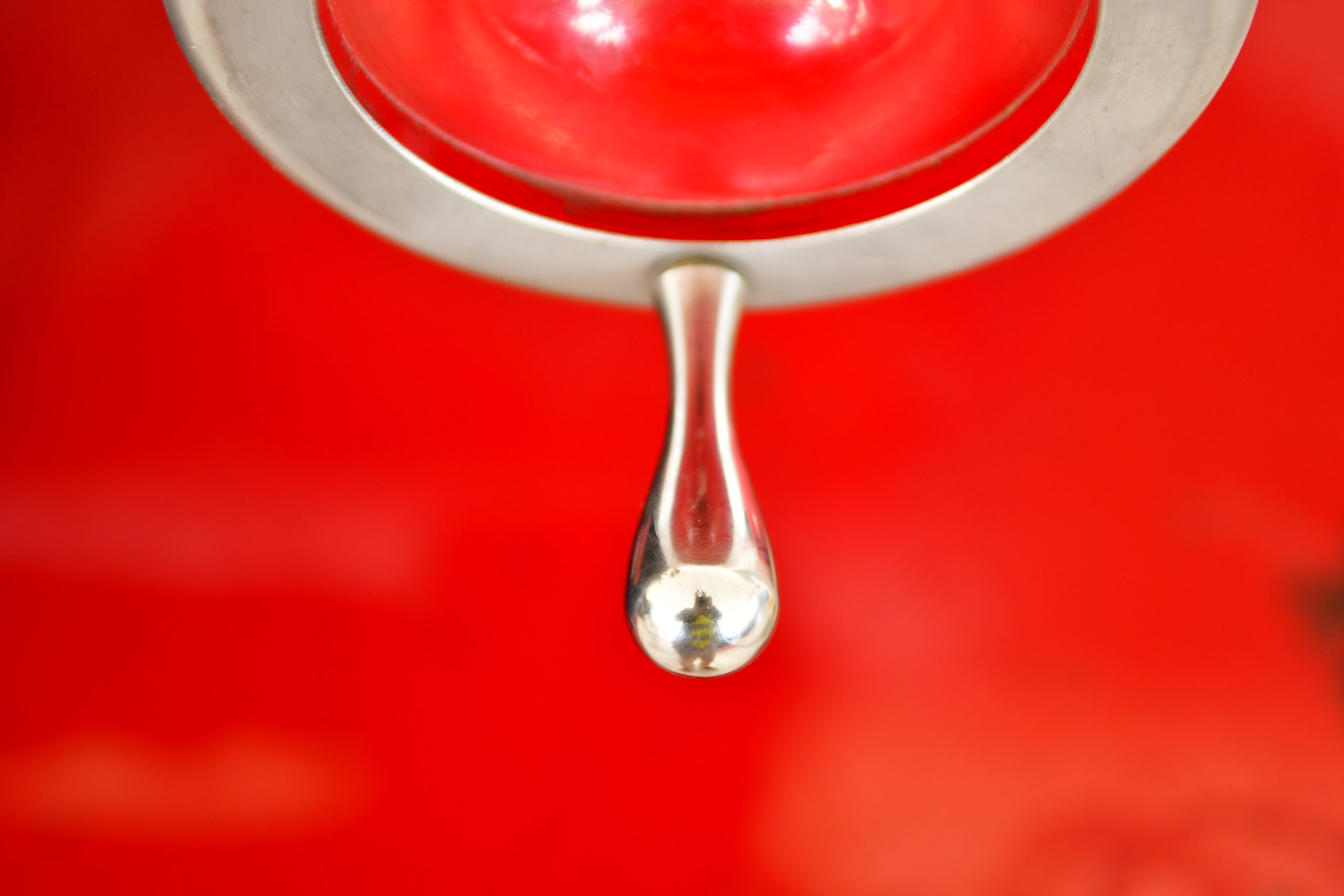Grease Interceptor Maintenance: Maintain Your Kitchen Clean & Secure
Did you know that blocked grease traps can lead to restaurant kitchens to forfeit up to $20,000 a year in plumbing repairs and fines? This shocking fact underscores the essential need for regular grease pit maintenance and upkeep. Grease pits, also known as grease traps or interceptors, are crucial for effectively separating fats, oils, and grease (FOG) from wastewater. This prevents these materials from infiltrating the sewer system.
Neglecting grease pit maintenance poses risks to plumbing and health. It can also result in hefty regulatory fines. By understanding the complexities of grease pit maintenance, kitchen staff can ensure adherence with health regulations. This, in turn, promotes a more secure and sanitary environment for food preparation.
Grasping Grease Pits and Their Significance
Grease pits, also known as grease traps, are crucial for the proper functioning and sanitation of commercial kitchens. They are designed to separate fats, oils, and grease (FOG) from wastewater. This is critical to preventing severe plumbing problems. Knowing about grease pits and their types aids restaurant owners in choosing smart choices for upkeep.
What is a Grease Pit?
A grease pit traps and isolates FOG from wastewater before it enters the sewer system. Since oil and water don’t mix, allowing FOG to infiltrate treatment plants can cause blockages and overflows. By using grease trap cleaning near me , eateries can keep their grease management systems effective, protecting their plumbing and the ecosystem.
Types of Grease Pits
There are different grease pits designed for various needs:
- Passive Grease Traps: These are suitable for smaller establishments, using gravity for diversion and requiring regular upkeep.
- Hydraulic Grease Interceptors: These are employed in larger businesses, handling high quantities of wastewater while providing grease interceptor services.
- Gravity Grease Traps: These systems depend on physical separation but need regular checks to operate efficiently.
Learning these types helps in selecting the right system for best performance and compliance with local laws.
Grease Pit Cleaning: Why Routine Maintenance Matters
Routine maintenance of a grease pit is essential for any business that relies on effective kitchen operations. Neglecting maintenance can seriously impact both effectiveness and safety in a commercial kitchen.
Repercussions of Ignoring
Not scheduling regular grease trap pump outs results in the accumulation of fats, oils, and greases (FOG). This can lead to:
- Clogs and overflows, causing plumbing problems
- Costly repairs that strain restaurant finances
- Foul odors that create a negative dining experience
- Possible health hazards due to unsanitary conditions
Choosing a dependable grease trap maintenance company reduces these risks. Routine cleaning not only maintains the equipment in good condition but also guarantees a clean, welcoming environment for customers.
Legal Compliance
In many areas, strict rules regulate grease pit upkeep. Following these standards is essential to avoid penalties and legal problems. Routine maintenance guarantees adherence with health codes, safeguarding the company from potential violations. Collaborating with a reliable grease trap maintenance company eases adherence, allowing you to focus on your operations.
Best Practices for Efficient Grease Pit Cleaning
Maintaining a grease pit sanitary is essential for any food service establishment. Routine maintenance of grease traps guarantees a safe kitchen and compliance to health codes. Ignoring grease management can cause plumbing problems, bad smells, and fines. Adopting best practices protects your establishment and customers.
Setting Up a Maintenance Plan
Setting a regular maintenance schedule for grease traps is essential for best performance. Typically, expert servicing should happen every four to six weeks. Yet, this can vary based on factors such as:
- The volume of food service
- The size of the grease pit
- The types of food being prepared
Keeping a detailed log of maintenance activities aids track upkeep and guarantees adherence with local regulations. Routine checks are a important step towards effective grease trap upkeep.
DIY vs. Professional Assistance
Some might opt for DIY cleaning, but trusting grease removal experts is often the best choice. Professional maintenance guarantees a thorough clean, using specialized tools and methods not available to most restaurant staff. Key factors include:
- Intricacy of the maintenance procedure
- Regularity of grease accumulation
- Skill in handling grease-related issues
Selecting experts not only saves time but also reduces the chance of issues from incorrect maintenance. For businesses looking to maintain their facilities sanitary and effective, professional help can make a notable difference.
Bringing It All Together
Grease pit cleaning is essential for a safe, efficient kitchen setting. It ensures compliance with health codes and lowers plumbing problems and health violations. This preventive approach makes the cooking space more sanitary and safer, essential for any kitchen.
Setting up a cleaning schedule and understanding when to contact experts for grease trap maintenance is key. Working with professionals like All In Sanitation Services enhances the maintenance process and increases efficiency. This guarantees tasks are managed with the right skill and professionalism.
Routine upkeep of grease pits supports a secure kitchen and boosts restaurant kitchens’ productivity. Choosing smart decisions about grease trap maintenance and prompt interventions results in a more efficient kitchen functioning. It protects health and effectiveness in the food service sector.


